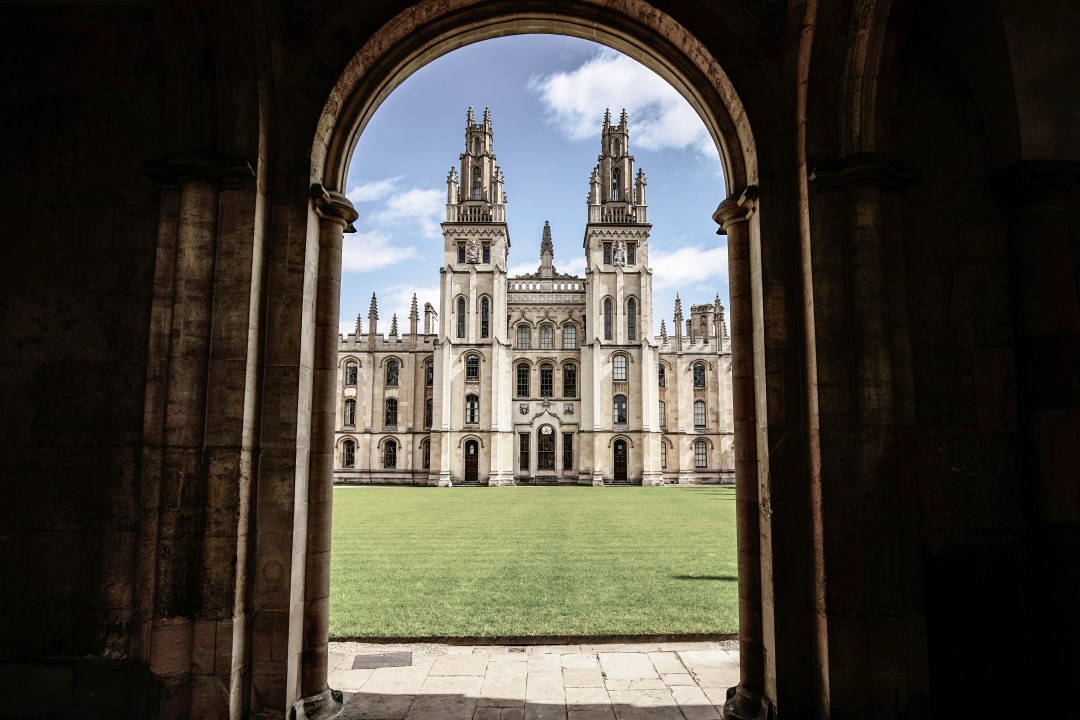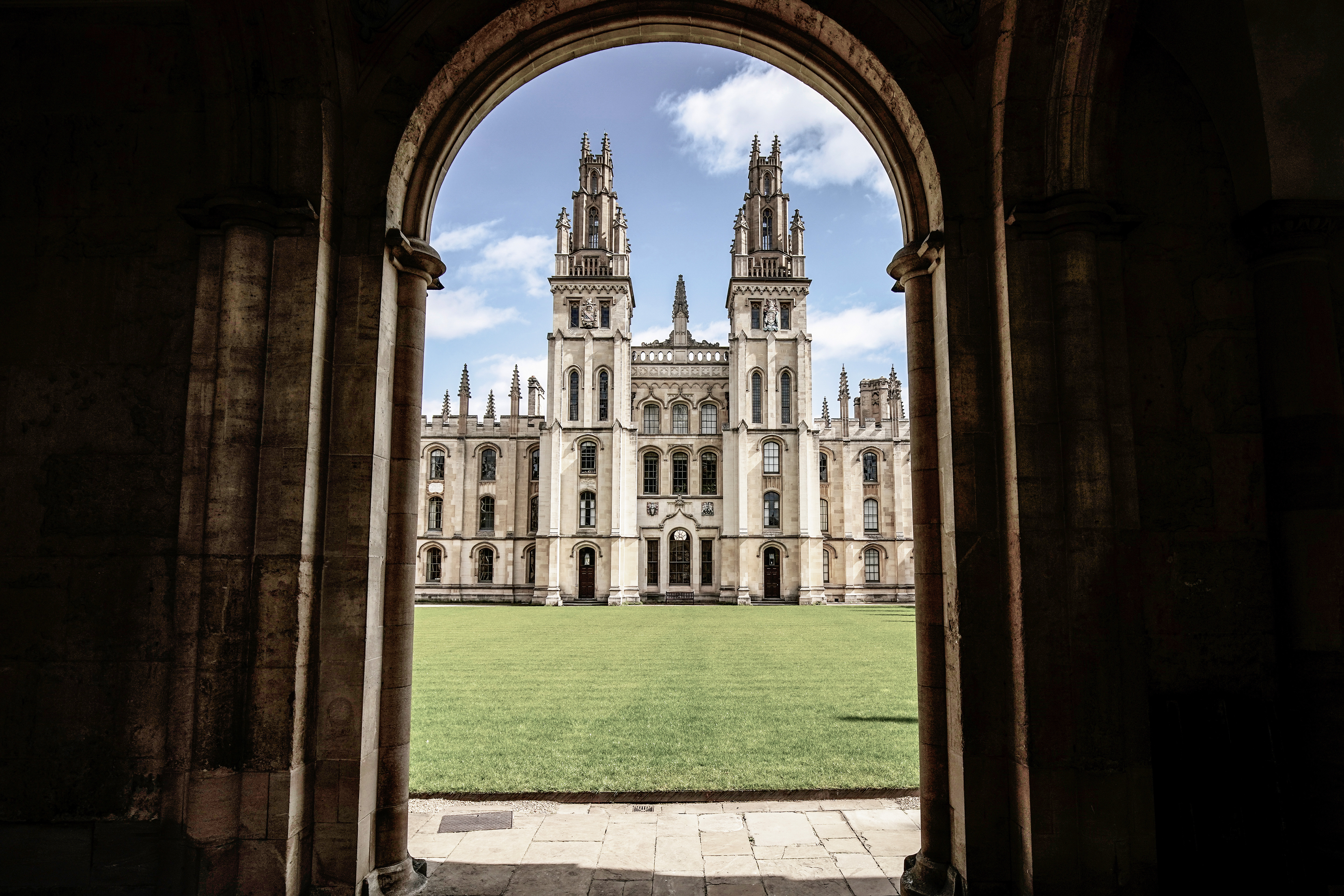In the same way that airlines overbook flights, universities send out more offers than they have places for on the basis that many applicants will not make the grade. But what happens when most of them do? Airlines often use financial incentives to persuade someone to surrender their seat and similarly universities have been known to offer successful applicants thousands of pounds to defer. The exams fiasco means universities are now under even more pressure to make students a gap year offer they can’t refuse.
Scrapping the exams algorithm and replacing it with teacher predicted grades meant that students from poorly performing schools didn’t miss out just because some computer code forecasted failure. But the new approach has seen the number As and A*s increase by around a third. This means that tens of thousands of applicants – perhaps as many as 60,000 – who reluctantly accepted a place at their second choice of university are now scrambling to take up to their preferred offer. Many popular courses are already full, however, meaning students face an enforced year out at the worst possible time for either work or travel prospects.
Some students are already taking legal action in an attempt to avoid an unwanted, and for many, an unaffordable gap year. Financial incentives could allow universities to avoid such legal tussles. Last year, even without the added impetus of a global pandemic, Nottingham and Exeter offered some applicants £2,000 and £1,000 respectively to create space on oversubscribed courses. Manchester, another Russell Group university which made similar offers in the past, said: ‘occasionally we do seek to balance numbers with existing offer holders through offering options to defer entry. It is the student’s choice to defer or not.’
In a year when space is at an even greater premium, Durham has said that applicants who choose to defer will be guaranteed college accommodation and will be ‘provided with a bursary to help with their transition to university life’. One Durham offer holder said she thought it was ‘really weird Durham can afford to offer us money not to come when fees are so expensive’. Other oversubscribed institutions are likely to follow Durham’s lead in a surreal dance of deferment as applicants jump ship from lower-ranked universities. A cap on student numbers had shielded financially-troubled institutions from having their students poached, but its removal has pushed them closer to the wall and consequently to a government bailout.
Deferrals are not a silver bullet. Instead, they will mean that applicants next year will face tougher competition. Churchill College Cambridge has already said
next year’s cohort will ‘likely face much more aggressive competition for entry’. They will also miss out on the grade inflation that has characterised this year’s results because of government incompetence and the original sin of cancelling exams. They may have to contend with the return of international students who many institutions prioritise because of the additional fees they bring. A return to lectures rather than online teaching offers yet another ticking time-bomb for campus capacity. The pandemic will have a knock-on effect for years to come as more students from each new cohort are encouraged to defer to make space for those who were previously forced into a gap year.
Gavin Williamson has said that the government ‘expects universities to be flexible’ and ‘expects them to go above and beyond to be able to honour commitments’. Yet, no matter what the Education Secretary ‘expects’, or what caps on places he removes, there is a physical limit to the number of students each university can take, regardless of the small matter of social distancing. Ultimately, the pandemic has further highlighted the flaws of a higher education system which incentivises universities to pay students to stay away, but not to invest in their staff or teaching.







Comments